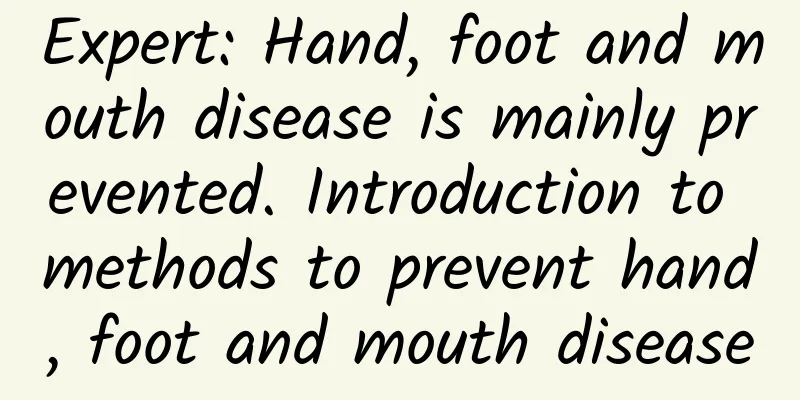How to deal with neonatal eczema? 6 measures to correctly deal with neonatal eczema

|
After discovering that the newborn has eczema, parents should be careful not to panic, but should treat it calmly, take good care of it, and observe it slowly, because eczema can gradually subside. During this period, you should pay attention to avoid irritation of the newborn's skin, prevent infection, and don't let the newborn scratch himself. In addition, you should improve the living environment and ventilate more. If the newborn's eczema has not improved and has worsened, you should go to the hospital for treatment in time. The skin of newborns is very delicate. After being stimulated by some irritants, they are prone to eczema, which is an allergic skin inflammation. The main reasons for newborn eczema are related to environmental factors, genetic factors, dietary factors, etc., so parents are also very panicked after discovering it, worried and anxious. They want to better understand how to deal with newborn eczema? 1. Take good care After the onset of neonatal eczema, the first thing to do is care work, keep the skin clean, and bathe the newborn frequently. This is mainly to ensure that the local area of the neonatal eczema is dry and will not be affected by some secretions, which will aggravate the eczema of the newborn. 2. Avoid skin irritation Make sure your child's skin is not exposed to external stimuli, and make sure the water temperature for bathing your child is warm, neither too hot nor too cold. Too hot water can aggravate eczema. When the weather is hot, the baby sweats, so don't use too much on your baby, and try to wear soft summer clothes. 3. Prevent infection Usually, you should make your child wear gloves or try to control the baby, not to scratch, because many children with eczema can't help scratching themselves, which will cause the eczema to rupture and become infected, and the condition will worsen. As a mother, you should also pay attention to not eating seafood during breastfeeding, including some things that are easy to be allergic to. 4. Ventilate frequently Frequent ventilation of the home can effectively prevent the growth of bacteria, so you should pay more attention to the baby's living environment and change and wash the baby's daily necessities more often. Pay special attention to dressing the baby in loose cotton clothes to prevent other materials from damaging the baby's delicate skin. 5. Timely treatment If the neonatal eczema does not improve after the above treatments, you should go to the hospital for treatment in time. The doctor will give more reasonable treatment based on the specific situation of the newborn. |
<<: What causes kidney yin deficiency? What are the symptoms of kidney yin deficiency?
>>: What are the symptoms of children with ADHD? 5 manifestations of ADHD
Recommend
What are the methods to prevent chronic poliomyelitis?
It takes a long time for a child to grow from bir...
How long does it usually take to cure mumps?
There are many drugs that can cure mumps, which a...
What causes jaundice in newborns?
Jaundice in newborns is mostly related to incompl...
How to prevent severe pseudohypertrophic malnutrition? What to do if you have pseudohypertrophic malnutrition?
The impact of severe pseudohypertrophic malnutrit...
What are the early symptoms of hand, foot and mouth disease in children? Pay more attention to these 6 symptoms
What are the initial symptoms of hand, foot and m...
How high is jaundice likely to cause cerebral palsy
Neonatal jaundice is a common physiological pheno...
How to relieve acute mumps in children
Acute mumps in children is an inflammation of the...
What is polio?
With the improvement of people's awareness an...
Common symptoms of indigestion in babies What to do if your baby has indigestion
Indigestion in babies will cause bad breath and d...
What does polio testing include?
Poliomyelitis, also known as poliomyelitis, refer...
What to do with baby's night terrors? What are the solutions for baby's night terrors?
When babies have night terrors, parents need to c...
Is diarrhea in children harmful? Will diarrhea in children cause convulsions?
Pediatric diarrhea is a very common disease in in...
Can indigestion in children cause diarrhea? How does traditional Chinese medicine improve indigestion?
Nowadays, some babies usually suffer from indiges...
How does TCM treat diarrhea in children? 4 TCM methods to improve diarrhea in children
Infantile diarrhea is one of the most common dise...
What are the methods of nursing diagnosis for poliomyelitis?
Polio is an acute infectious disease, but since t...









